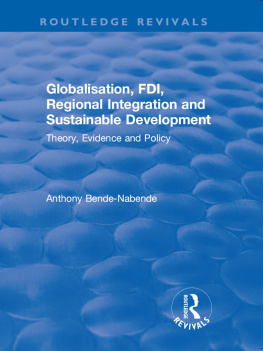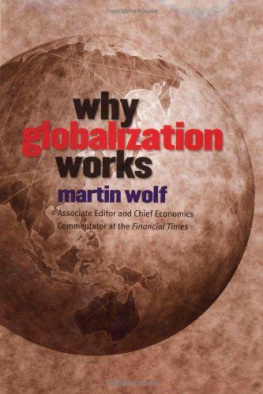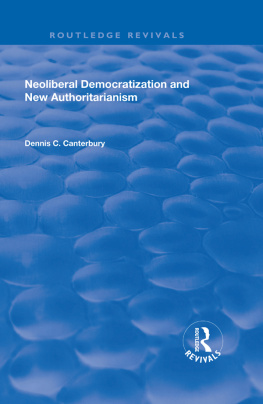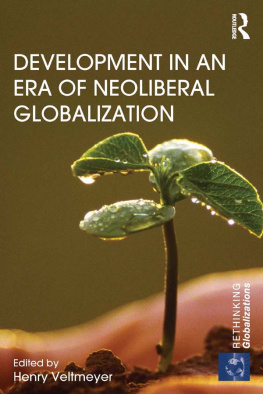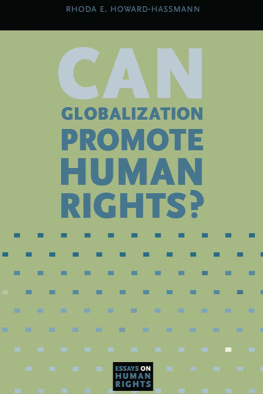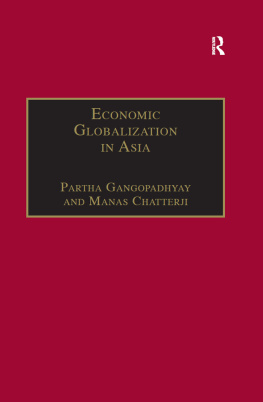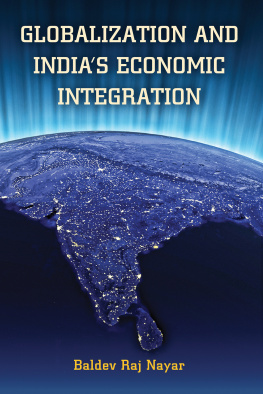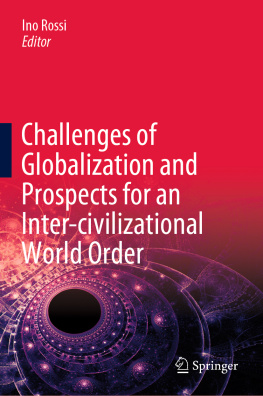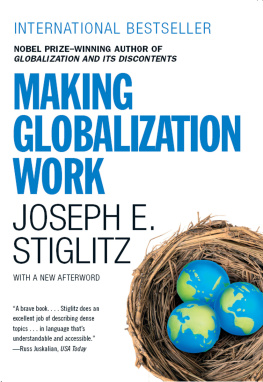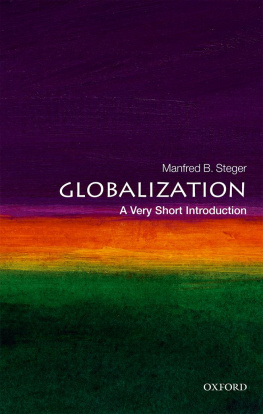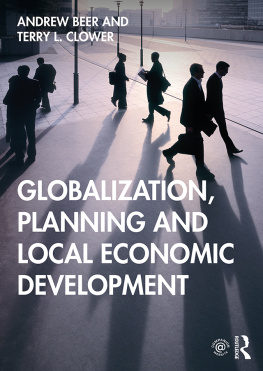First published 2002 by Ashgate Publishing
Reissued 2018 by Routledge
2 Park Square, Milton Park, Abingdon, Oxon, OX14 4RN
711 Third Avenue, New York, NY 10017
Routledge is an imprint of the Taylor & Francis Group, an informa business
Copyright Anthony Bende-Nabende 2002
The author has asserted his right under the Copyright, Designs and Patents Act, 1988, to be identified as the author of this work.
All rights reserved. No part of this book may be reprinted or reproduced or utilised in any form or by any electronic, mechanical, or other means, now known or hereafter invented, including photocopying and recording, or in any information storage or retrieval system, without permission in writing from the publishers.
Notice:
Product or corporate names may be trademarks or registered trademarks, and are used only for identification and explanation without intent to infringe.
Publishers Note
The publisher has gone to great lengths to ensure the quality of this reprint but points out that some imperfections in the original copies may be apparent.
Disclaimer
The publisher has made every effort to trace copyright holders and welcomes correspondence from those they have been unable to contact.
A Library of Congress record exists under LC control number: 2001096520
ISBN 13: 978-1-138-70598-2 (hbk)
ISBN 13: 978-1-315-20205-1 (ebk)
The era of globalisation is opening many opportunities for millions of people around the world through increased trade, new technologies, foreign investments, expanding media and internet connections, and fuelling economic growth and human advances. There is more wealth and technology, and more commitment to a global community than ever before. All this offers enormous potential to continue the unprecedented progress of the twentieth century and eradicate poverty in the twenty-first century. Global markets, global technology, global ideas and global solidarity can enrich the lives of people everywhere, greatly expanding their choices.
Yet, it is also evident that these agents of advancement are also the same instruments for potential environmental derailment, increased North-South equity divide, growing human insecurity and consequently potential stimulants of unsustainable development, particularly, in the developing countries. Moreover, whereas it is being widely recognised that globalisation can engender both positive and negative effects on the growth process, the focus on positive effects has often overshadowed that on negative effects. This has been particularly true in the case of foreign direct investment.
The globalisation process has been triggered, encouraged or closely followed by transnational corporations and their associated foreign direct investment activities. The role of foreign direct investment in this process has become increasingly important. The dramatic growth of foreign direct investment in the 1990s and over time since the 1970 has brought about a greater degree of integration of the world economy than could have been achieved by trade alone. While foreign direct investment represents investment in production facilities, its significance for developing countries is much greater. Not only can foreign direct investment add to investible resources and capital formation, but, perhaps more important, it is also a means of transferring production technology, skills, innovative capacity, and organisational and managerial practices between locations, as well as of accessing international marketing networks. Surrounded by instability in equity markets and in international lending, foreign direct investment is also the most stable source of outside capital. Embodied in plant, equipment, or workforce, it may expand or contract in response to underling economic conditions, but not flee with that rapidity of stock market investors or commercial bank lenders. A vital part of the new context is the need to improve competitiveness, defined as the ability to sustain income growth in an open setting. In a liberalising and globalising world, growth can be sustained only if countries can foster new, higher value-added activities, to produce goods and services, which hold their own in open markets. Foreign direct investment and international production by transnational corporations can play an important role in complementing the efforts of national firms in this respect.
In March 1999, I launched a book entitled FDI, Regionalism, Government Policy and Endogenous Growth, whose contents included an assessment of whether the aforementioned potential foreign direct investment benefits had, in fact, been accrued by a selection of countries from Southeast Asia. Therefore, two of its nine chapters contained an empirical investigation based on econometric techniques. I have now considered it necessary to retreat from the Southeast Asian focus and present a more generalised text, which relates to a larger cross-section of countries and consequently should appeal to wider audience. In addition, I have found it essential to present the text in a more reader-friendly format, especially to that audience with limited knowledge about the technical econometric modelling. Most importantly, however, the discussion is now undertaken in the globalisation framework. More generally, the text now presents a balanced coverage of the theoretical, empirical and policy issues linking globalisation with FDI, regional economic integration, and economic growth and sustainable development. To begin with, it comprehensively explores the theoretical and empirical literature inter-linking the aforementioned factors from the anti-globalisation activists viewpoint, and from the pro-globalisation proponents perspective. It then prescribes policies that individual countries should pursue, based on the recognition that globalisation generates both positive and negative effects. That is, policies required to maximise the economic benefits globalisation may generate, and those that should be pursued to eliminate or at least minimise the negative development-oriented effects globalisation may engender and, hence, to propel sustainable development. Concomitant with its contents, the title of the text now changes to Globalisation, FDI, Regional Integration and Sustainable Development: Theory, Evidence and Policy. To achieve this, the following changes have been made:
Three chapters have been eliminated from the 1999 edition. These are ).
Instead, two entirely new descriptive chapters have been introduced. One () presents the views of anti-globalisation activists.
Where applicable, the material that was in the eliminated chapters has been summarised in the literature and/or reference made to the 1999 volume.
Needless to say, the literature for the chapters that are retained has been updated, and in some instances completely new material has been added. For example, a new component, i.e. the link between foreign direct investment and environmental protection and social responsibility has been added to . In addition, the growth theory is discussed in more detail. Most important, however, the literature is linked to globalisation.
Additional features that might prove useful to the reader have also been introduced. These include an appendix comprising a brief background to the development of, membership of, and objectives for the formation of the respective regional economic blocs; and an author and subject index.

